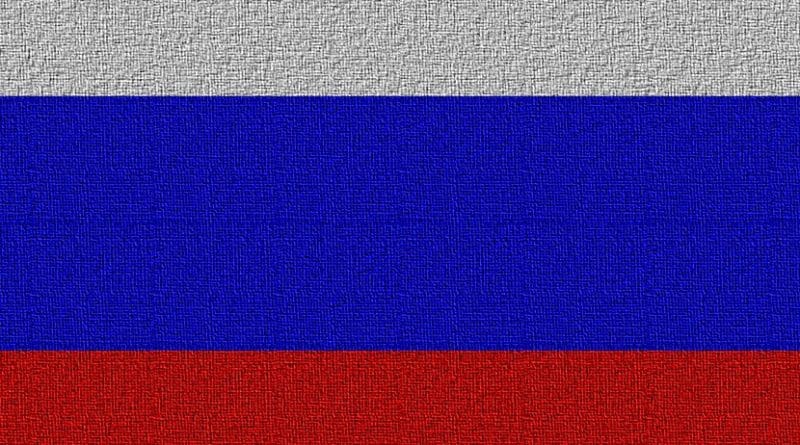In Memory Of Primakov, RIP – OpEd
On behalf of RAGA, I hurry to share with our readers the sad news of Yevgeny Primakov’s passing away on June 26, 2015, and to express our condolence to his family, friends and colleagues in Russian government, public, and academic institutions where he has left an indelible mark.
Mr. Primakov is best known for the famous diplomatic “turn-around” when, on the way to Washington for a state visit on March 24, 1999, he immediately cancelled the visit and ordered his airplane around in mid-Atlantic as soon as he learned that NATO started the bombing of Yugoslavia.
At that time, RAGA was just about the only organization in the United States to have issued, laud and clear, a Welcome to Russian Prime Minister. With the help of a number of people who generously responded to my appeal for donations (the courtesy of Johnson’s Russia List emails), our announcement was printed in The Washington Post on March 24, 1999 as a paid advertisement.
Titled “Russia: A Friend in Need”, RAGA ad said that, in spite of the visit cancellation, “we, a coalition of scholars, business people and friends of Russia welcome (Prime Minister) for a constructive dialogue with our government. Support for Primakov’s reforms is critical now to avert economic and security disaster that threatens to reach our shores”.
Rejecting the canard of “a weaker Russia is better for us”, RAGA insisted that the US government “Give a clear signal that we are ready to cooperate with Primakov’s government in rooting out the oligarchy and the corruption it breeds”.
Urging the US government to “re-invent its policy toward Russia”, we appealed to the American people “to show magnanimity to the World War II ally that sacrificed tens of millions of lives to help secure our freedom”.
Responding to The Post’s ad, several dozens of people came to RAGA meeting at Johns Hopkins University to discuss the ways to overcome the ever-widening gulf between Russia and the USA.
As it turned out, Russian Prime Minister made his decision without consulting the Kremlin. Six weeks later President Boris Yeltsyn sacked Primakov’s government for sham reasons, but Primakov’s courageous decision went down in history as the turning point in post-Communist Russia’s quest for national sovereignty and, indeed, national dignity. In Russia, Primakov immediately became greatly more popular than President Yeltsin.
While visiting Moscow in the Fall of 1999, I had a telephone conversation with Aleksandr Solzhenitsyn. The Nobel Prize laureate and best-selling novelist, who had lived in the USA as an exile from 1976 to 1994, was now settled back in Russia. I knew that he had not been happy with the course of reforms under Yeltsin and demonstratively rejected a medal bestowed upon him by the president.
But as soon as we started talking about Primakov, Solzhenitsyn’s tone brightened up. In particular, he praised Primakov for his aireal turn-around. “If Primakov were to run for a presidency, I would vote for him”, said Solzhenitsyn. He also praised RAGA’s ad for Primakov, an earlier Open Letter to President Bill Clinton and other RAGA activities.
I was not surprised at Solzhenitsyn’s praise of Primakov. With all their ideological differences—one was a devout Communist and a high Soviet functionary until the collapse of the USSR, the other an ardent anti-Communist and world-famous challenger of Soviet totalitarianism– both Primakov and Solzhenitsyn had one encompassing trait in common, the love for their country, the historical Russia, warts and all. Such love presupposes Russia’s right for dignity, self-realization, and independence.
According to Wikipedia, Primakov was an early “advocate of multilateralism as an alternative to American global hegemony” in a unipolar world. One might even say that Primakov paved the road for a more assertive foreign policy of Vladimir Putin who rose to power at the very end of the same year of 1999. Primakov won a praise and admiration from leading Western politicians, including Henry Kissinger who, in particular, praised him for his ability to engage his Western counterparts in a dialog.
It is not a habit for RAGA to eulogize the passing statesmen, no matter how great they might be. However, we made an exception for a man whose call for an East-West dialog underscores RAGA’s philosophy and agenda.
Vladislav Krasnov, Ph.D., RAGA president

